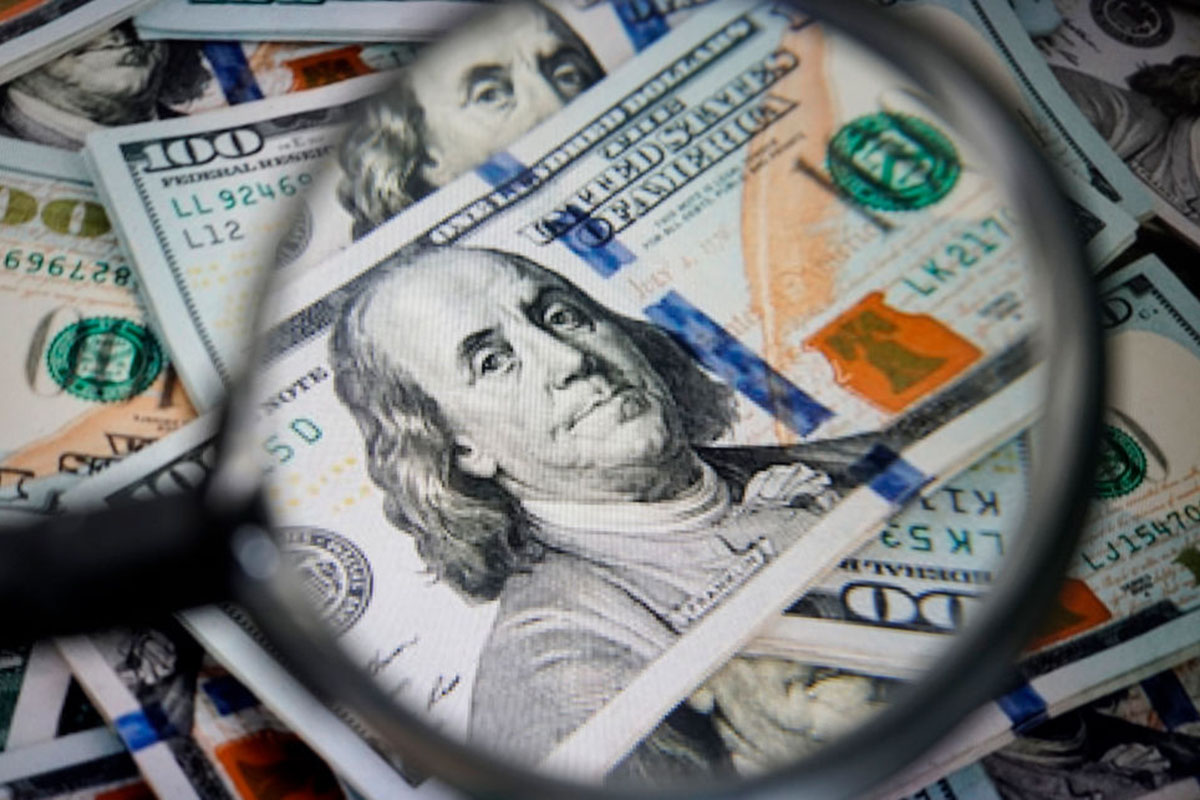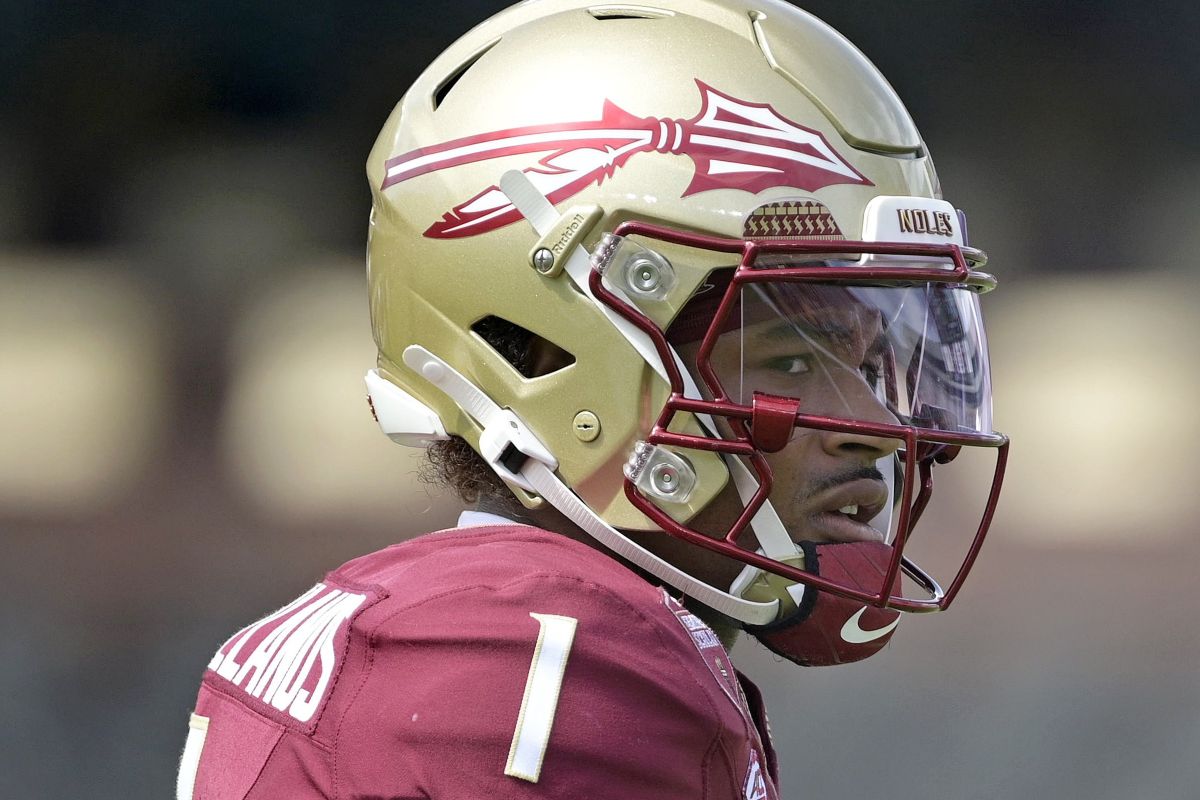How Sweepstakes Casinos Might Drive The Future of Online Gambling

Sweepstakes casinos are among the gaming industry’s hottest topics of 2024. With revenues projected at almost $8 billion this year and a current annual growth rate north of 8%, it's easy to see why both the American Gaming Association and some state legislators are beginning to ring the alarm bell on this largely unregulated form of online gambling.
How Sweepstakes Casinos Might Drive The Future of Online Gambling
Sweepstakes casinos, such as WOW Vegas Casino, offer casino-type games like slots or blackjack to players. You can play these games for free with some gold coins that are given out for signing up or returning to log in.
You can often receive even more of these coins if you comment on one of their social-media accounts or share a post, which is why you may also hear these referred to as social casinos. However, part of that name comes from the gamification of the gambling experience on some of these sites.
For instance, leaderboards posted on Facebook or Instagram show the biggest winners on a particular slot machine or award a badge for the number of hours played. You will also find that many of these social casinos actively promote social interaction on various social-media sites to help retain customers and use their existing member base to garner more market share. This sense of community and the ability to share your experience has led to huge retention rates and time on device. The average social casino player spends about 18 minutes a day playing their favorite casino games.
Are They Legal?
While social casinos make a lot of money with their model of giving you gold coins and then selling you more when you run out, they also use some wrinkles in state sweepstakes laws to offer something very much like actual gambling.
For instance, you can buy a gold-coin package and be awarded sweepstakes coins. The trick here is that the coins are awarded for your purchase; you can't directly purchase them.
While these technically lack value, once you have enough of them — usually around $50 — you can turn them in for cash or gift cards. Or you could wager them on a slot machine or a blackjack table and perhaps win more. This ability to offer something very akin to online gambling in almost every state, regardless of that state's position on online casinos, is what is driving the sweepstakes-casino boom.
It is possible that an unregulated market that will reach over $10 billion in revenue may help drive the discussion on legalizing online casinos in some states.
After all, in Murphy v. NCAA, the Supreme Court highlighted states' arguments that the best way to disrupt unregulated sports betting was to pass legal sports betting — regulated, licensed and taxed by each state.
Will attempts to rein in the sweepstakes casinos once again present an opportunity for online gambling proponents to use a backdoor to argue that the best way to disrupt this gray-market behavior is to bring it into the fold of the state's legal and licensed casino industry?
Depending on the model each sweepstakes casino has chosen, it will be legal to operate in the vast majority of states. The two most notable exceptions are in Washington State and Michigan, which have implemented strict prohibitions.
Other states with somewhat restrictive laws include Nevada, Utah, Kentucky and South Carolina. New York and Florida also have laws on the books that disallow sweepstakes wins over $5,000.
In over 40 states, sweepstakes casino operators mainly act with impunity.
However, restrictive laws like the ones mentioned above and a $12 million settlement in Kentucky by LuckyLand Slots and Chumba Casino in 2022 hint that many of these casinos attempting to hide behind a virtual currency gambit may be, in fact, fooling themselves.
The Tax Man Cometh
In states without any casino gambling at all, like Texas, researchers put the size of all illegal gambling at somewhere between $5 billion to $20 billion dollars each year. And while some of that goes to illicit sports bets or illegal offshore casinos, a sizable chunk is spent on sweepstakes casinos, as they are legal and readily available and only a login away if you wish to play some slots or blackjack.
Some back-of-the-envelope calculations show that if Texas has 8.7% of the population and the overall addressable sweepstakes market is $8 billion, we could reasonably suggest that Texas alone is responsible for around a $700 million slice of that pie. A 20% tax would net the Lone Star State at least $140 million in new revenue on gambling that was already taking place on sweepstakes casinos. Add in offshore casinos, back-room card games and all of the illegal sports bets, and the numbers are much larger.
That is not the kind of revenue that can be ignored by many states for long — not when these gray-market operators are already up and running and siphoning money out of the states.
Besides the obvious revenue carrot of fresh taxes, a state could also wield the stick of regulation to ensure fairer games for its constituents. The comment sections of some of these sites show a propensity to take all deposits and then make as many hoops as they can for people to jump through to ever get a withdrawal.
This is certainly not true for all social-casino operators. Many have worked hard to build a sterling reputation, but an increasing number of new operators are definitely preying on some of the most vulnerable gamblers.
The sweepstakes industry is very aware of the increasing scrutiny, as 11 of the largest and most respected operators came together in early September to form the Social and Promotional Games Association (SPGA), an advocacy group that aims to self-regulate and draw up minimum standards. These include robust responsible gaming tools on all operators’ sites, as well as strict Know Your Customer regulations in line with federal law.
Alongside the allegations of slow pay and no pay due to byzantine rules and the shouts of games being rigged — which, in all honesty, are complaints leveled at all online casinos, whether licensed or not — the SPGA may want to take a quick look at its current gambling age of 18. While it's true that this is the gaming age for almost all lotteries and even some retail casinos in certain states and tribal lands, it is bound to be a point of contention.
Some of the other allegations about poor geofencing monitoring and slot products made in-house and not certified by third-party testing labs like eCOGRA or iTechLabs for fairness and randomness are almost certainly other issues that the SPGA will need to address if it wishes to head further criticism.
This is not to say that many of the more prominent operators don't already have certifications and inspections of their software from well-known testing labs, or that they don't utilize the same geofencing software used by legal and licensed casinos in places like Pennsylvania and Michigan. But not all of them do.
2018 All Over Again?
All of this is eerily familiar to those who were following the gaming industry in 2018, post-PASPA. In the rush to pass online sports betting in as many states as quickly as possible, the American Gaming Association and others made these same arguments about offshore casinos taking sports bets in Europe and the Caribbean.
Today, sports betting is legal in 37 states, so we know these arguments can work. They certainly worked to help spur legislation across three dozen states within years — or, in some cases, weeks or months — of PAPSA being overturned.
Could sweepstakes casinos and their perceived flaws be used to make the case for a quick expansion of online gaming, much as was done with sports betting in the last six or seven years? And can it happen before these gray-market games begin to leech off enough revenue to be a real problem for licensed and regulated casinos?
Oddly, the biggest problem is that online gambling is a victim of its own success. In states like New Jersey and Pennsylvania—states where casinos are legal online and are already competing against their land-based counterparts—brick-and-mortar casinos' 2024 revenue numbers are flat or down single digits.
But in these states — even ones like Pennsylvania, which is facing a gray-market gas station slot tsunami as well — revenue at online casinos is up more than 20% year-over-year, as reported by the Pennsylvania Gaming Control Board, and more than 30% for July 2024 vs. July 2023.
When smaller casino operators see that, they aren't thinking, "Well, we can build a wildly expensive website and teach the MGMs and Caesars of the world what's what." Rather, they are thinking they could see double-digit revenue dips. And when politicians and unions see that, their response is not going to be, "Well, we have fantastic online growth, and it's only coming at the cost of a few jobs."
We gathered more information on legislation and the future of sweeps casinos in our related articles, Indiana Online Casinos, Mississippi Online Casinos, or Texas Online Casinos.
Rather, many interested parties are looking at this and thinking that online legalization will cannibalize land-based casinos and cost jobs. While there might well be some winners with bigger properties who've already invested many millions in servers and software, which would grow tax revenue, what would be the final cost in jobs and, therefore, votes?
Some argue that reduced spending at land-based casinos doesn't just mean fewer dealers and slot attendants, but that reduced trips could mean fewer restaurants, hotel rooms and amenities. A state might get a quick tax-revenue jolt, only to find it has decimated its in-person tourism market for decades to come.
Crazy Enough to Work?
It will be a much bigger lift to convince legislators that sweepstakes operators are such a nuisance that they can't be dealt with another way. Most states that went on to pass sports betting passed both online and land-based legislation together, resulting in no net loss of jobs.
In states where online sports betting passed after land-based sports betting had already been introduced, the number of sportsbook workers would be relatively modest, as would job losses. However, it is worth noting that operators in some of these states have reported ancillary job loss at restaurants and bars impacted by the loss of sportsbook foot traffic.
Could the sweepstakes casino industry be used as a stalking horse? Of course. But several things would need to happen for it to have a real impact.
One would be the SPGA coming hat in hand to legislators and pitching a deal that would let them continue to operate while offering up a share of tax revenue. In return, the state could license and lightly regulate the burgeoning industry—a sort of backdoor to online casino legalization.
Considering the current makeup of the SPGA and the potential blowback from the casino industry, that seems highly unlikely, though I suppose they could still make the offer, triggering some urgency in the debate in some state capitals about what online casino legislation will look like down the road.
Or the current influx of both legitimate sweepstakes operators and bad actors could rapidly accelerate to the point where brick-and-mortar casinos in some states actually begin to feel the squeeze from more earnest and professionally run sweepstakes casinos, and complaints about the predatory practices of other sites force legislators' hands.
However, it is quite likely that this would just result in new laws explicitly banning sweepstakes casinos’ virtual-money model rather than more comprehensive legislation on online gambling.
In states like Texas, where there are no established brick-and-mortar casinos, and thus no gambling jobs or gaming tourism at stake, we may see some of the same tricks that helped fuel the sports betting boom put to good use to corral recalcitrant GOP senators. But it’s important to note that these arguments haven't even convinced Texas's 19 GOP senators to embrace sports betting yet, let alone five to eight destination resorts — and online casino gaming is much more of stretch.
We will no doubt see sweepstakes casinos pulled into conversations around online legalization of gambling, much as we saw with unregulated offshore sportsbooks during the post-PASPA inundation of legal sports betting across the country.
But it will be a much harder sell this time.
Unions, tourism officials and land-based casino lobbyists will be lined up and armed with not only a raft of studies showing at least some cannibalization of gambling when online legislation passes, but also deep pockets and a get-out-the-vote ground game that would cause most politicians to pause.
So unless the sweepstakes casino crimes become so egregious that they can't be ignored, or they finally get their act together so that they pose more serious competition to the casinos in some states, it's probably safe to think things will stay the way they are—at least in most gaming states.
Featured News
-
 FEATURED OCT 2, 2025
FEATURED OCT 2, 2025NFL Odds Week 5: Lines, Spreads, Betting Trends For All 14 Games
-
 FEATURED OCT 1, 2025
FEATURED OCT 1, 20252025 College Football Odds Week 6: Lines, Spreads, Betting Trends on Biggest Games
-
 FEATURED SEP 30, 2025
FEATURED SEP 30, 2025Thursday Night Football Same Game Parlay: 49ers vs. Rams
-
 FEATURED OCT 2, 2025
FEATURED OCT 2, 2025Fantasy Football Matchups I Am Targeting For Week 5
-
 FEATURED OCT 1, 2025
FEATURED OCT 1, 2025Most Fined NBA Teams & Players 2024/25
-
 FEATURED OCT 1, 2025
FEATURED OCT 1, 2025FanDuel Promo Code: $300 in Bonus Bets Available for MLB Wild Card Games Today







